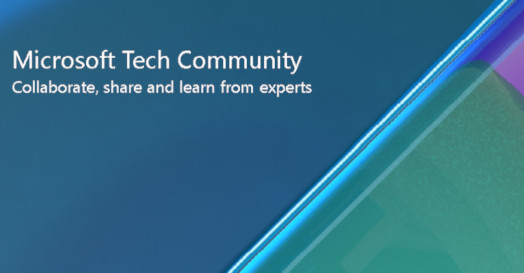Azure Service Fabric 8.2 Third Refresh Release

Azure Service Fabric 8.2 Third Refresh is now available!
We are excited to announce that 8.2 Third Refresh release of the Service Fabric runtime has started rolling out to the various Azure regions along with tooling and SDK updates. The updates for .NET SDK, Java SDK and Service Fabric runtimes will be available through Web Platform Installer, NuGet packages and Maven repositories in 7-10 days within all regions.
This release will only be available through manual upgrades. Clusters set to automatic upgrades will not receive this release. For how to configure upgrades, please see classic or managed documentation.
Packages and Versions
- Service Fabric Runtime
- Ubuntu 18 - 8.2.1434.1
- Windows - 8.2.1620.9590
- Service Fabric for Windows Server
- Service Fabric Standalone Installer Package - 8.2.1620.9590
- .NET SDK
- Windows .NET SDK - 5.2.1620
- Microsoft.ServiceFabric - 8.2.1620
- Reliable Services and Reliable Actors - 8.2.1620
- ASP.NET Core Service Fabric integration - 8.2.1620
- Java SDK
- Java for Linux SDK - 1.0.6
- Service Fabric PowerShell and CLI
- AzureRM PowerShell Module - 0.3.15
- SFCTL - 11.0.1
Current Breaking Changes and Updated Support
* Guest Executable and Container Applications: Guest executable and container applications created or upgraded in Service Fabric clusters with runtime versions 7.1+ are incompatible with prior Service Fabric runtime versions (e.g. Service Fabric 7.0).
Following scenarios are impacted:
* An application with guest executables or containers is created or upgraded in an Service Fabric 7.1+ cluster.
The cluster is then downgraded to a previous Service Fabric runtime version (e.g. Service Fabric 7.0).
The application fails to activate.
* A cluster upgrade from pre-Service Fabric 7.1 version to Service Fabric 7.1+ version is in progress.
In parallel with the Service Fabric runtime upgrade, an application with guest executables or containers is created or upgraded.
The Service Fabric runtime upgrade starts rolling back (due to any reason) to the pre-Service Fabric 7.1 version.
The application fails to activate.
To avoid issues when upgrading from a pre-Service Fabric 7.1 runtime version to an Service Fabric 7.1+ runtime version, do not create or upgrade applications with guest executables or containers while the Service Fabric runtime upgrade is in progress.
* The simplest mitigation, when possible, is to delete and recreate the application in Service Fabric 7.0.
* The other option is to upgrade the application in Service Fabric 7.0 (for example, with a version only change).
If the application is stuck in rollback, the rollback has to be first completed before the application can be upgraded again.
For more details, please read the release notes
Published on:
Learn moreRelated posts
Azure Developer CLI (azd): One command to swap Azure App Service slots
The new azd appservice swap command makes deployment slot swaps fast and intuitive. The post Azure Developer CLI (azd): One command to swap Az...